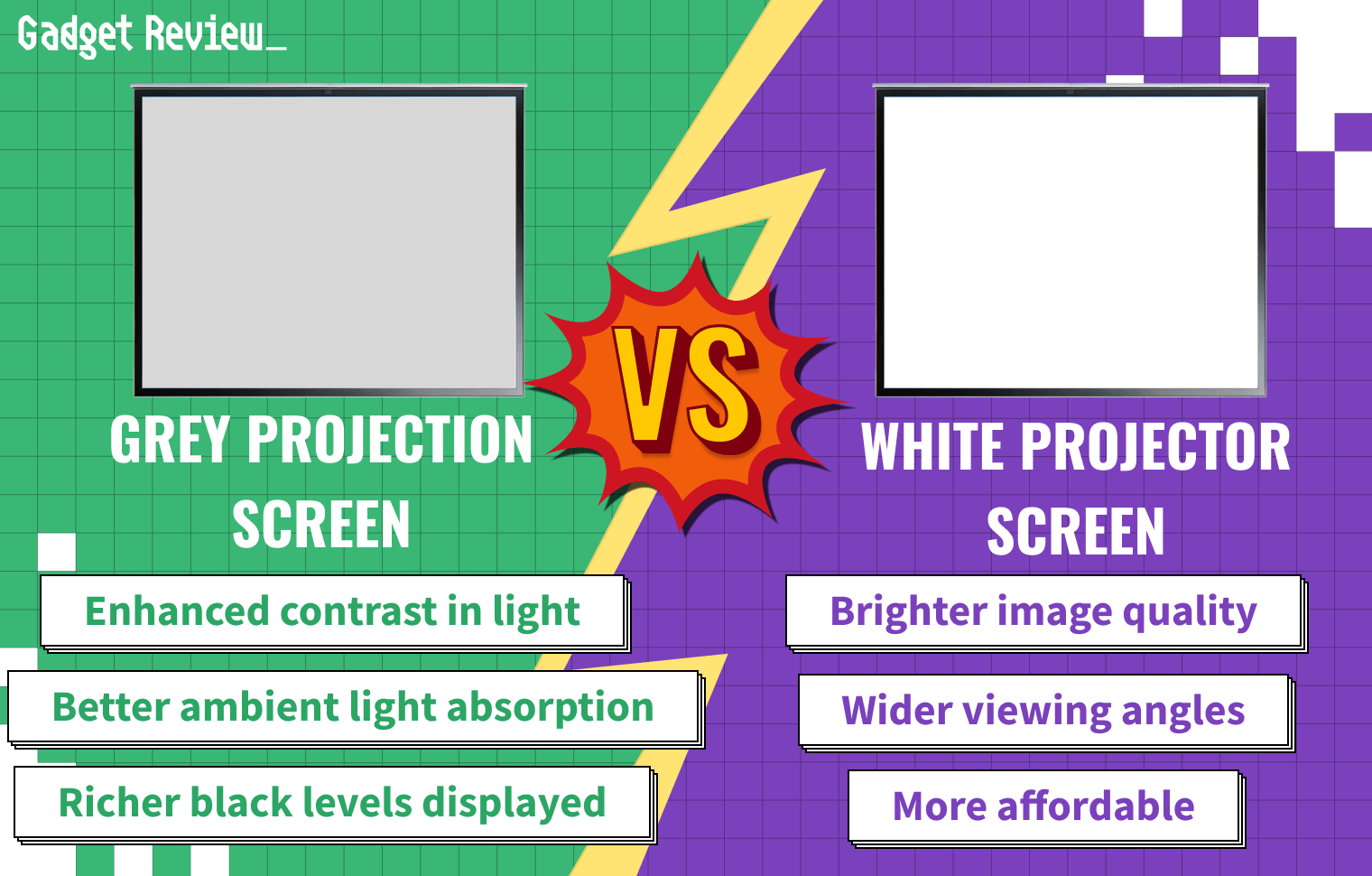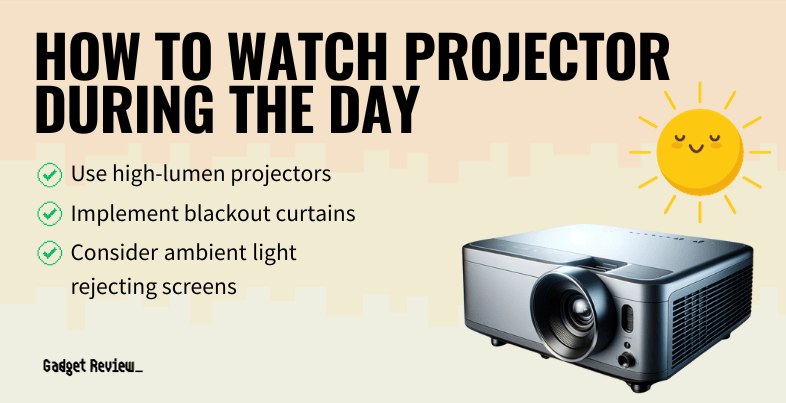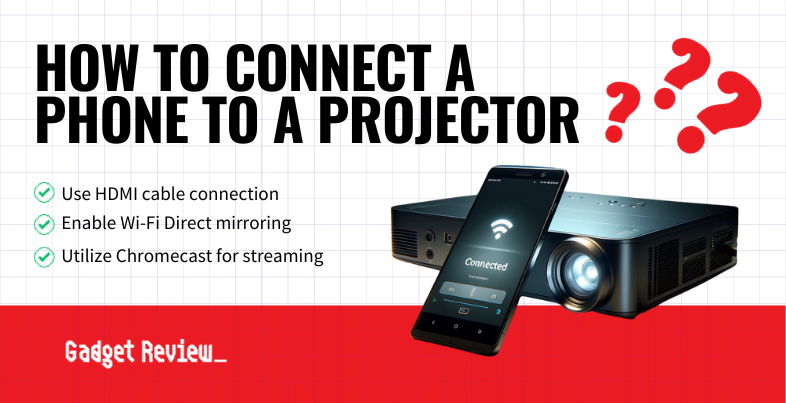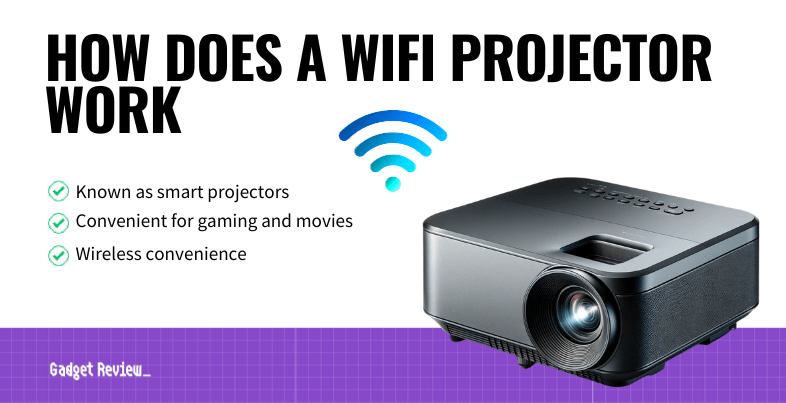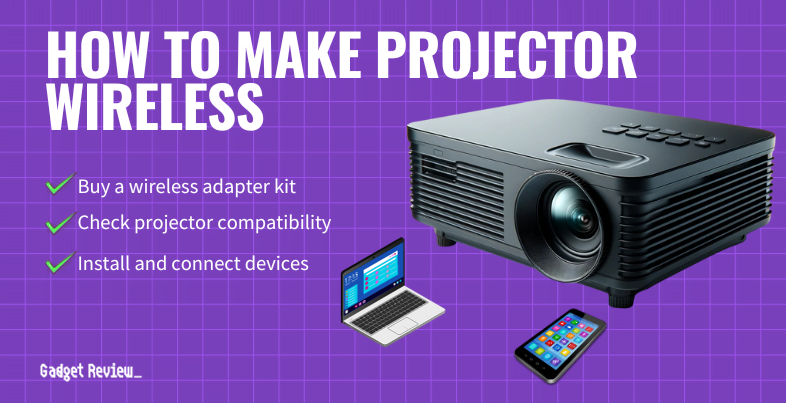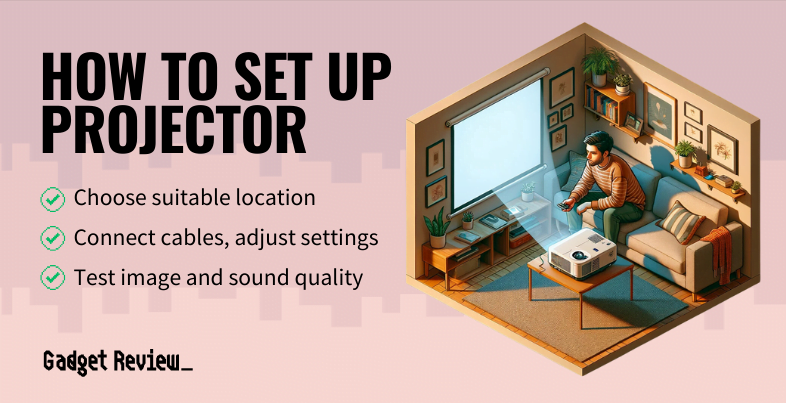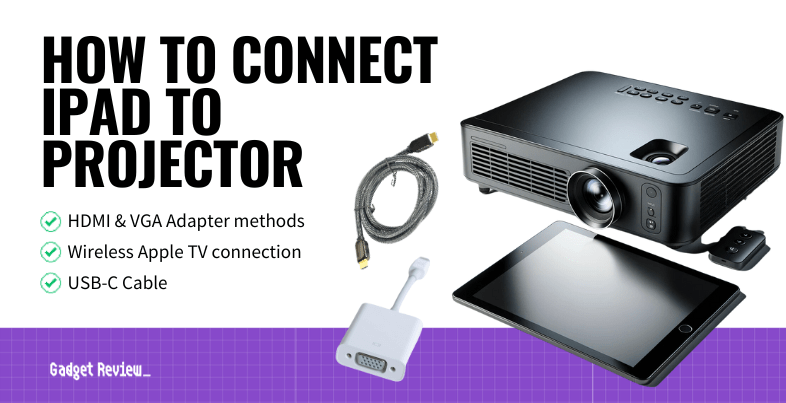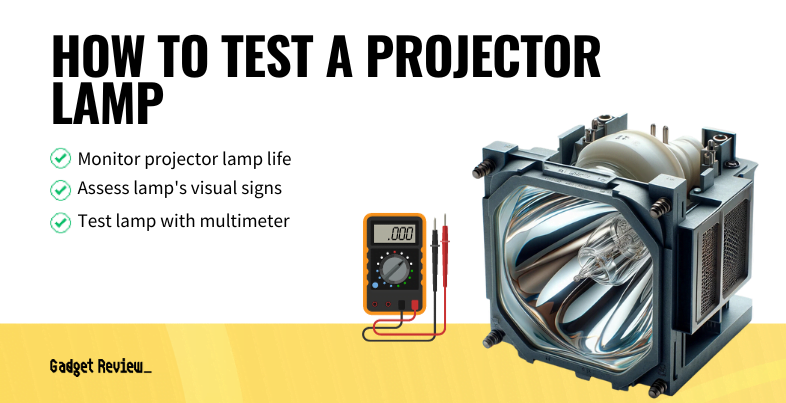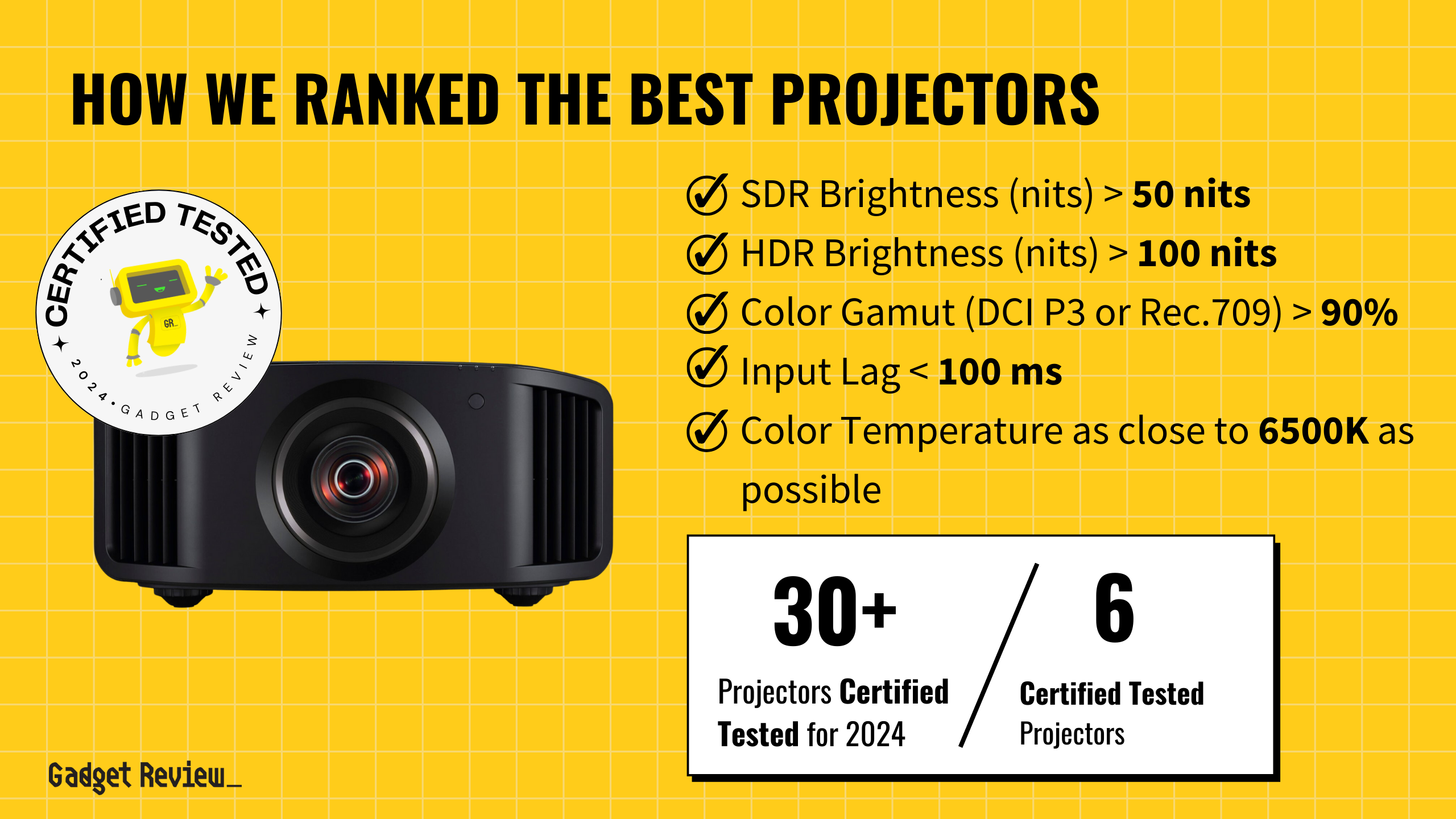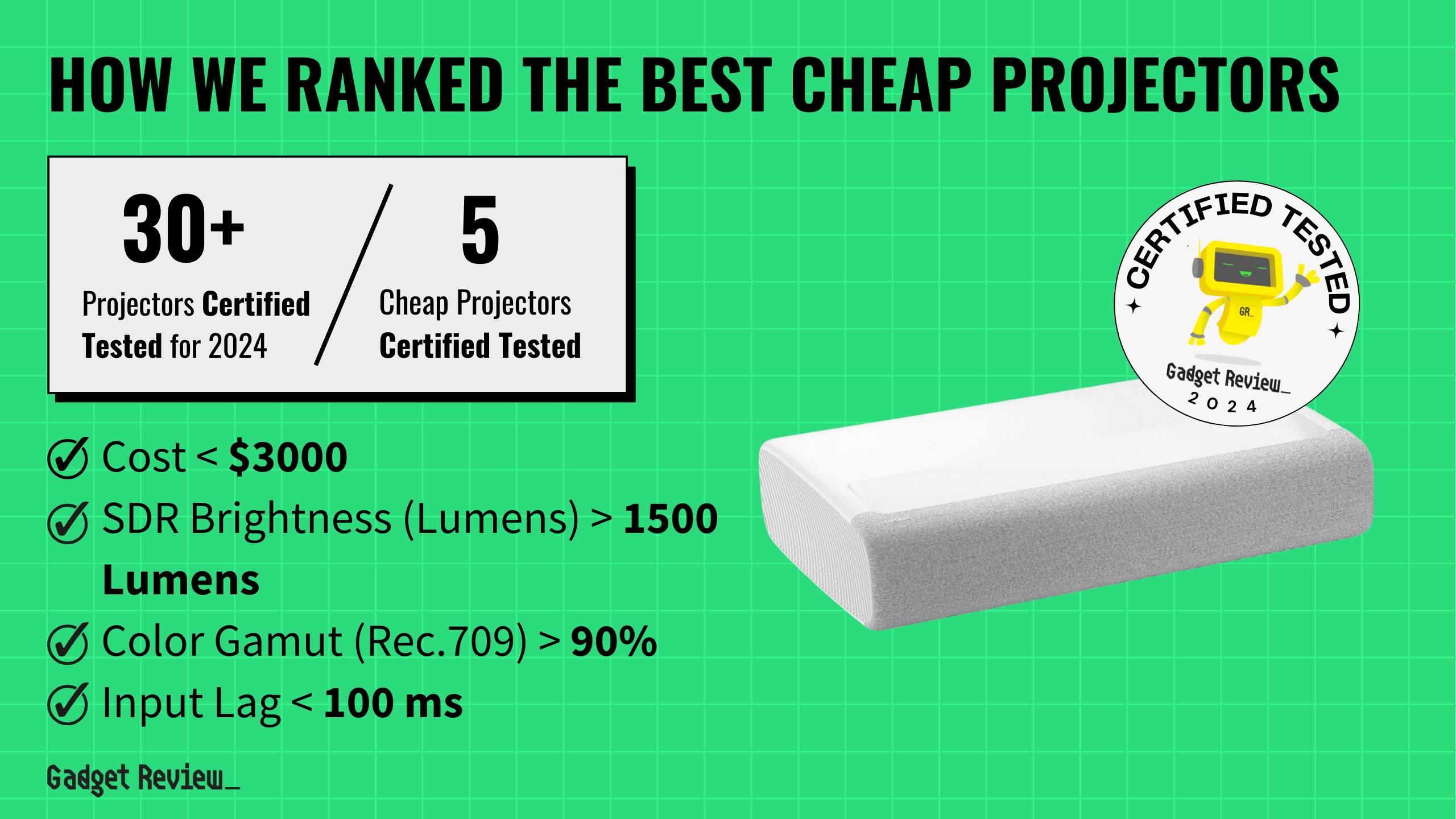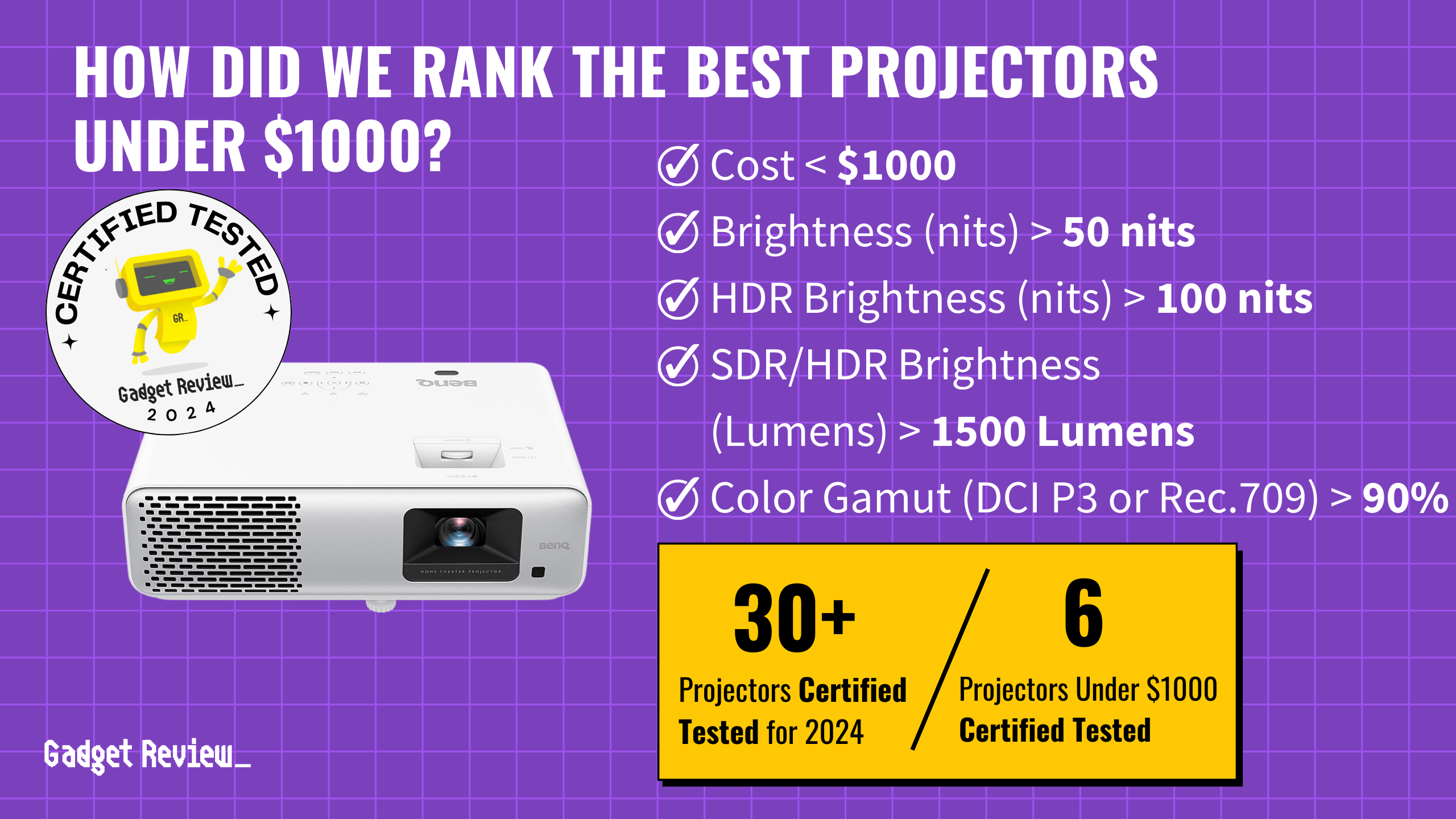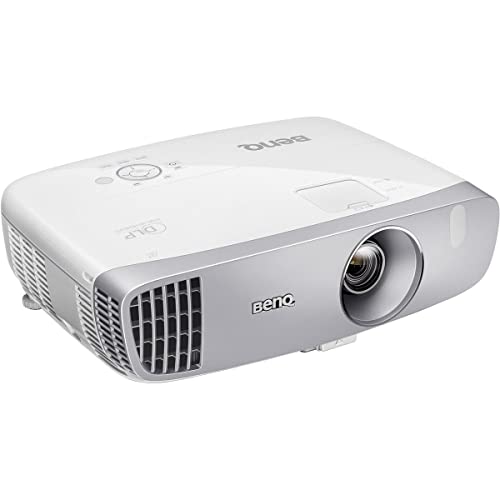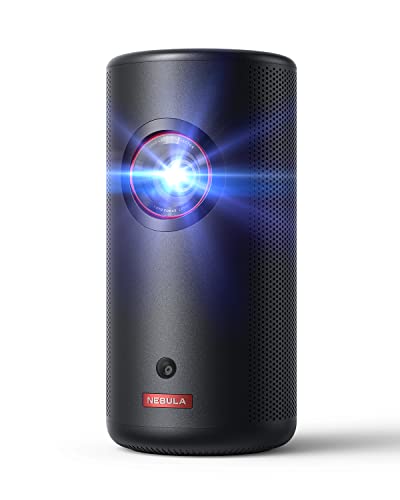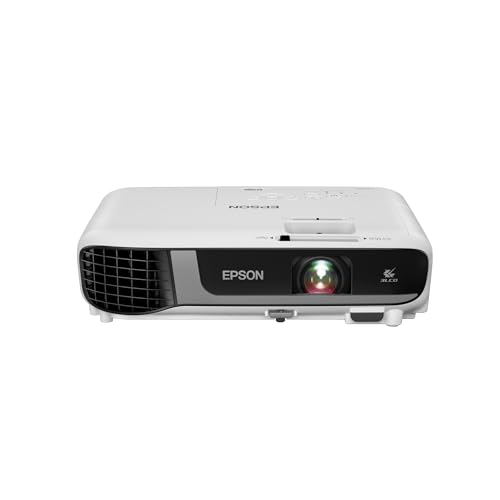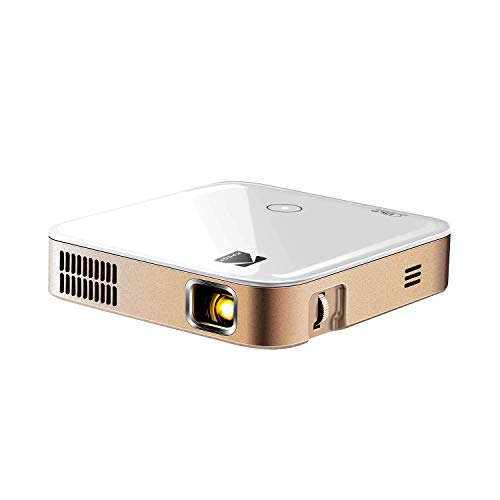If you’re shopping for the best projector, picking the correct screen color is imperative to a great viewing experience. The choice of grey projector screens vs white ones will affect your gain level, ambient lighting, and image brightness.
Key Takeaways_
- Grey projector screens offer enhanced ambient light control and better contrast than white screens.
- White projector screens are fantastic for pitch black, dedicated theater rooms. In addition, they are more affordable than most grey screens.
- If you want a more convenient projector screen that performs better, a grey screen is the best choice.
Comparing Grey & White Screens
Let’s break down the differences by feature and price range:
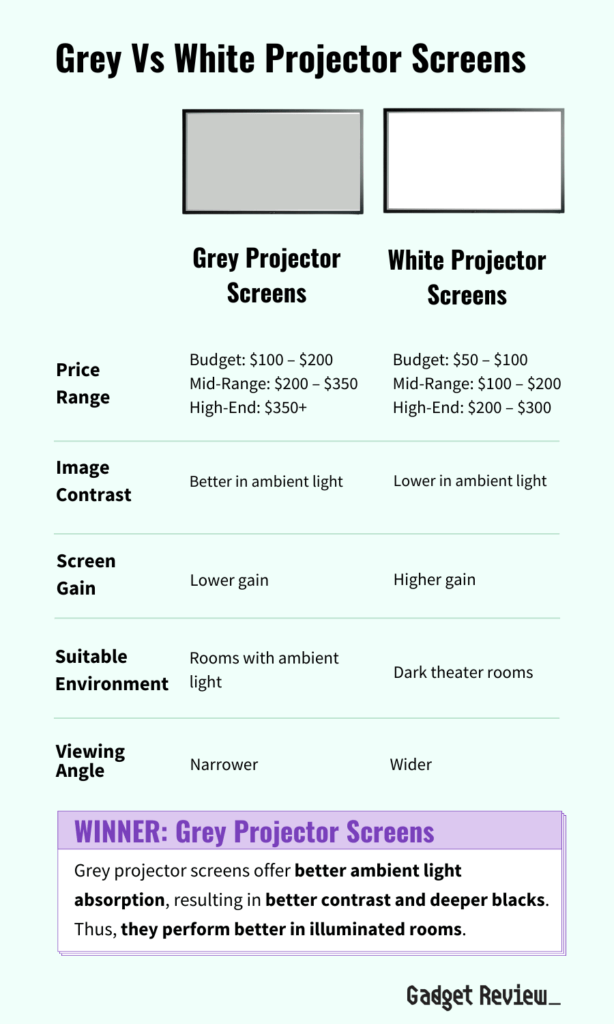
So who’s the winner? If we have to pick a winner regardless of budget, it’d be grey projector screens. Grey screens are often favored for their ability to handle ambient light better and provide greater contrast, making them suitable for rooms with some light. You don’t need a completely dark room to properly use the projector unlike white screens. Grey screens are convenient in so many more ways than white screens.
insider tip
If you want a white projector screen, consider blackout curtains and dark walls for your home theater room. Your projector image will benefit from as little ambient light as possible.
Screen gain, a measure of a screen’s reflectiveness, influences image brightness and viewing angles. White screens typically offer a gain close to 1.0, providing wider viewing angles but less effectiveness in ambient light. Grey screens, on the other hand, usually have lower gain, offering better performance in environments with ambient light by enhancing perceived contrast.
Picture Quality
Assuming you have the correct projection environment, your projector unit has the highest impact on your image quality. Modern projectors offer a sharper image than ever before, and your projector screen color should only affect the image brightness.
Ambient Light Control
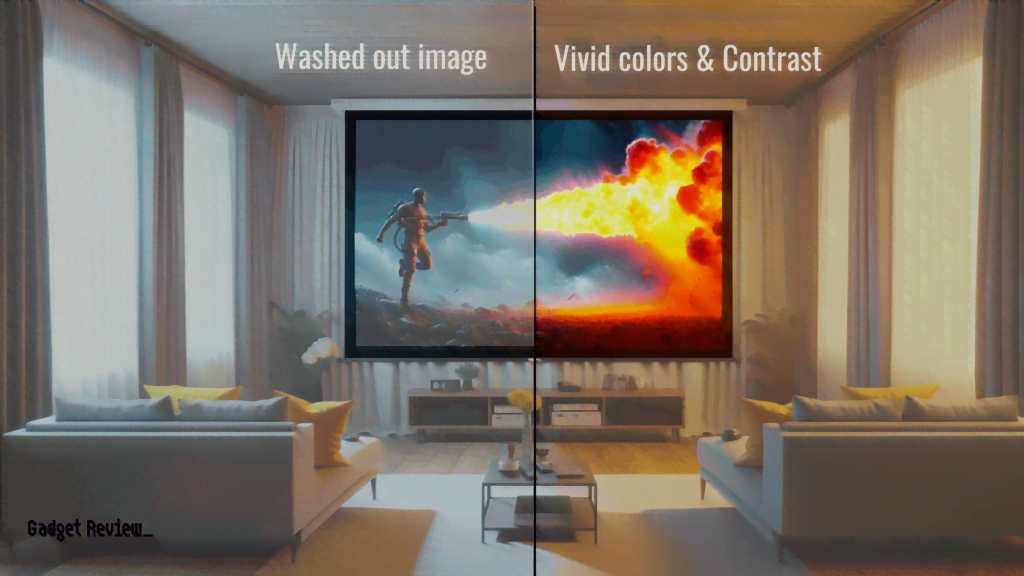
Even if you have a high-quality projector, you’ll get poor image clarity if you purchase the wrong screen for your projector environment. Too much light on your screen, and you’ll lose bright colors and image clarity. A white screen is an excellent choice if you have a dark theater. That said, gray screens are better for absorbing ambient light from windows or doorways.
warning
Most projector screens have a reflective surface that helps with ambient light. So, never use an abrasive tool to clean your screen.
The color and décor of a room play a crucial role in picking the better projector screen color. Light-colored walls, common in many homes and offices, tend to reflect light. This reflection can lead to washed-out images, particularly when using a white screen, as the additional light scatter diminishes the projector’s contrast.
Grey screens, by contrast, absorb more light, mitigating the impact of reflective surfaces and thereby enhancing image quality.
Black Levels
Since projectors cannot project black, darker tones show better on a grey projector screen. That said, some white surfaces offer high-contrast screens with optical coating for better contrast ratios.
The evolution of digital projectors has significantly enhanced their contrast capabilities. This improvement is crucial when choosing between grey and white screens. Modern projectors with higher contrast ratios make the most of grey screens’ ability to provide deeper blacks and richer dark scenes, especially in ambient light.
On the other hand, the improved contrast of these projectors also means that white screens can now offer better performance in completely dark environments, displaying vibrant and clear images. This technological advancement has made the choice between grey and white screens more nuanced, depending on the specific needs and viewing conditions of the user.

